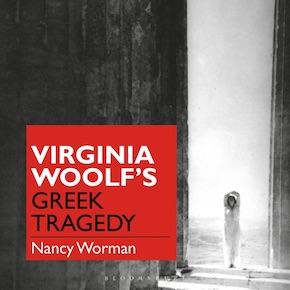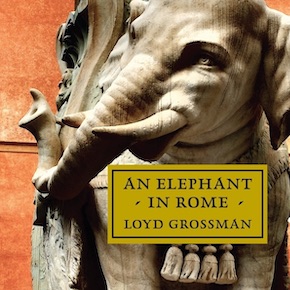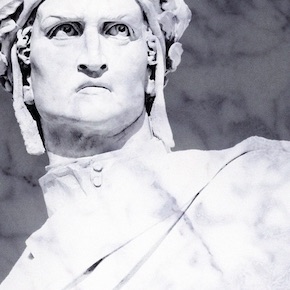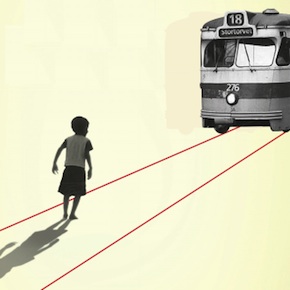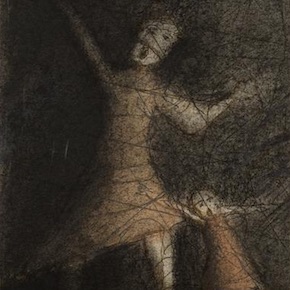
“We can fight with the mind”
Sybil Oldfield’s The Black Book: The Britons on the Nazi Hitlist is, at first sight, an anthology of lives under terrible threat – a breathless, deeply personal, yet unflinching account of an impressive array of the many biographical journeys, the individual circumstances and diverse fates that earned 2,619 men and women an uncoveted place on...
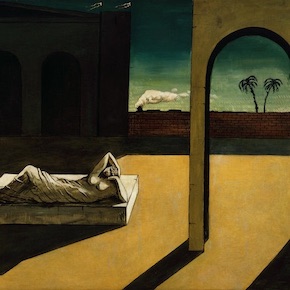
It’s about time
Periods of calmness and peace are often likened to infinity; when the passage of time is blissfully suspended, or sublimely extended beyond the limits of human reckoning or reason. Times of crisis, on the other hand, such as war, are characterised by the particular effect they have on the very notion and substance of time....
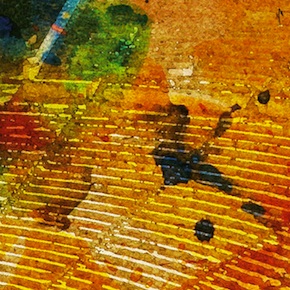
Modern fiction
Reading Andrea Marcolongo’s The Ingenious Language: Nine Epic Reasons to Love Greek in certain ways lives up to its English title in providing an epic experience (the Italian original’s simpler 9 ragioni… emphasises the more light-heartedly catchy, yet didactic underpinnings of the text, rather than its epic claims, significance or proportions). As Marcolongo reminds us...

History from the wings
In times of crisis, sociohistorical impasses, and what the French scholar John Cruickshank has termed, on a different occasion, the despair in the face of “man’s metaphysical dereliction in the world”, the individual and collective instinct is to turn to parallels, contrasts, and to recent or very distant memory. To familiar or unfamiliar territory. We...
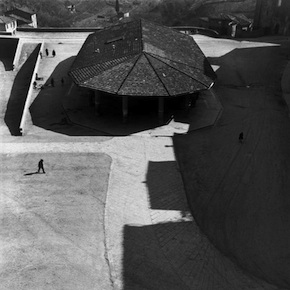
A month of singular vision
Hisham Matar is undeniably a remarkable man, with a talent for unusual journeys and their tales. A gifted storyteller, he excels in that rare balancing act between the personal and the universal, the minutely concrete and the sublimely abstract. He loves to explore the terra incognita between permanence and transience, presence and errantry, past and...
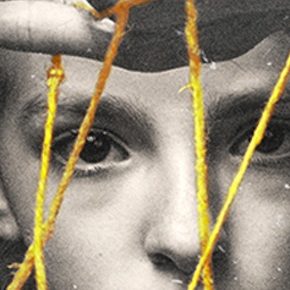
The Mourners’ Kaddish
Sometimes it is very hard to put words to experiences. In Adorno’s much used (and misused) own words, “there can be no poetry after Auschwitz”; the human soul and mind can conceive of no recreation of experience, no seamless relating to, or of, life through words alone, once the humanity of meaning has been so...


